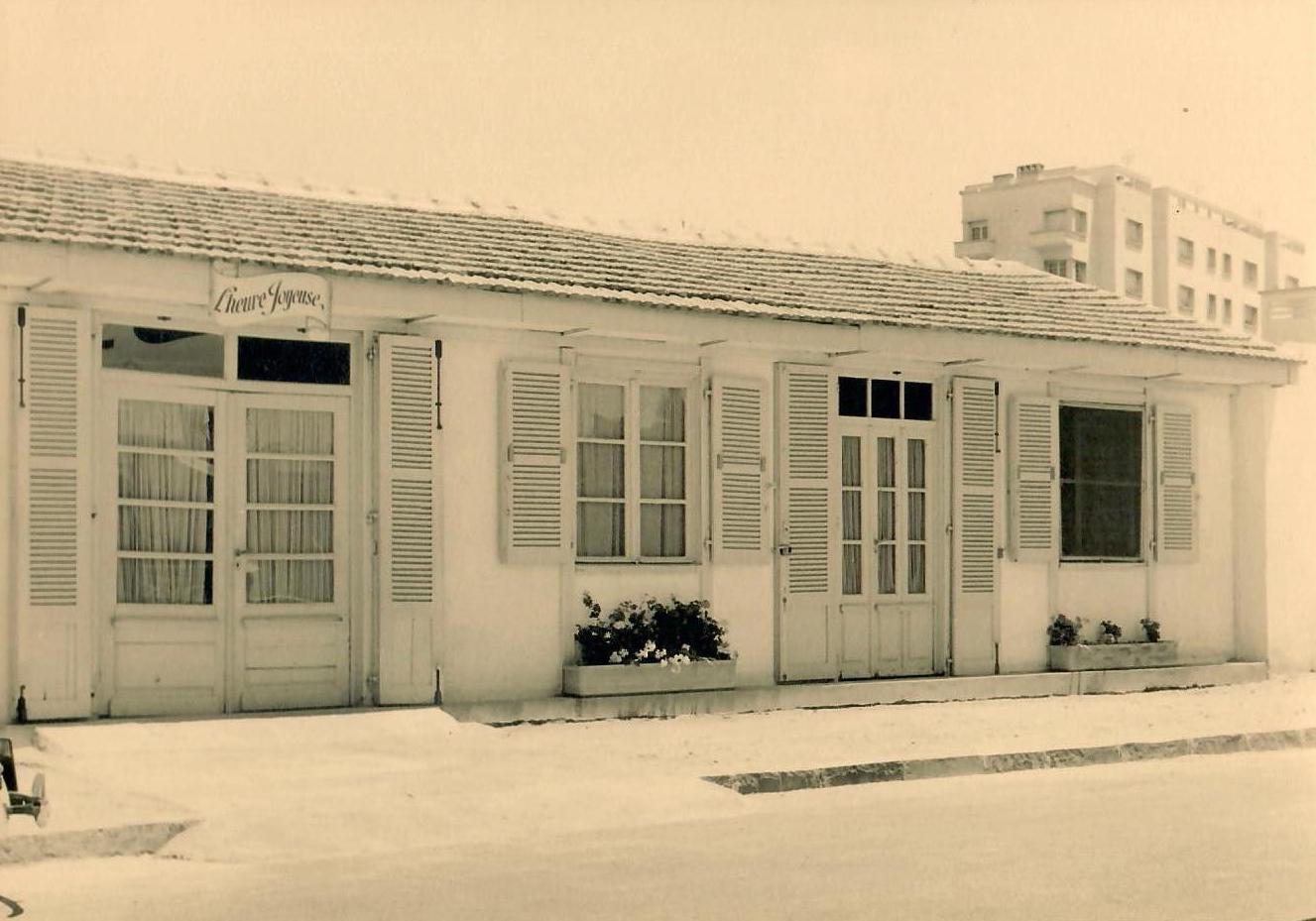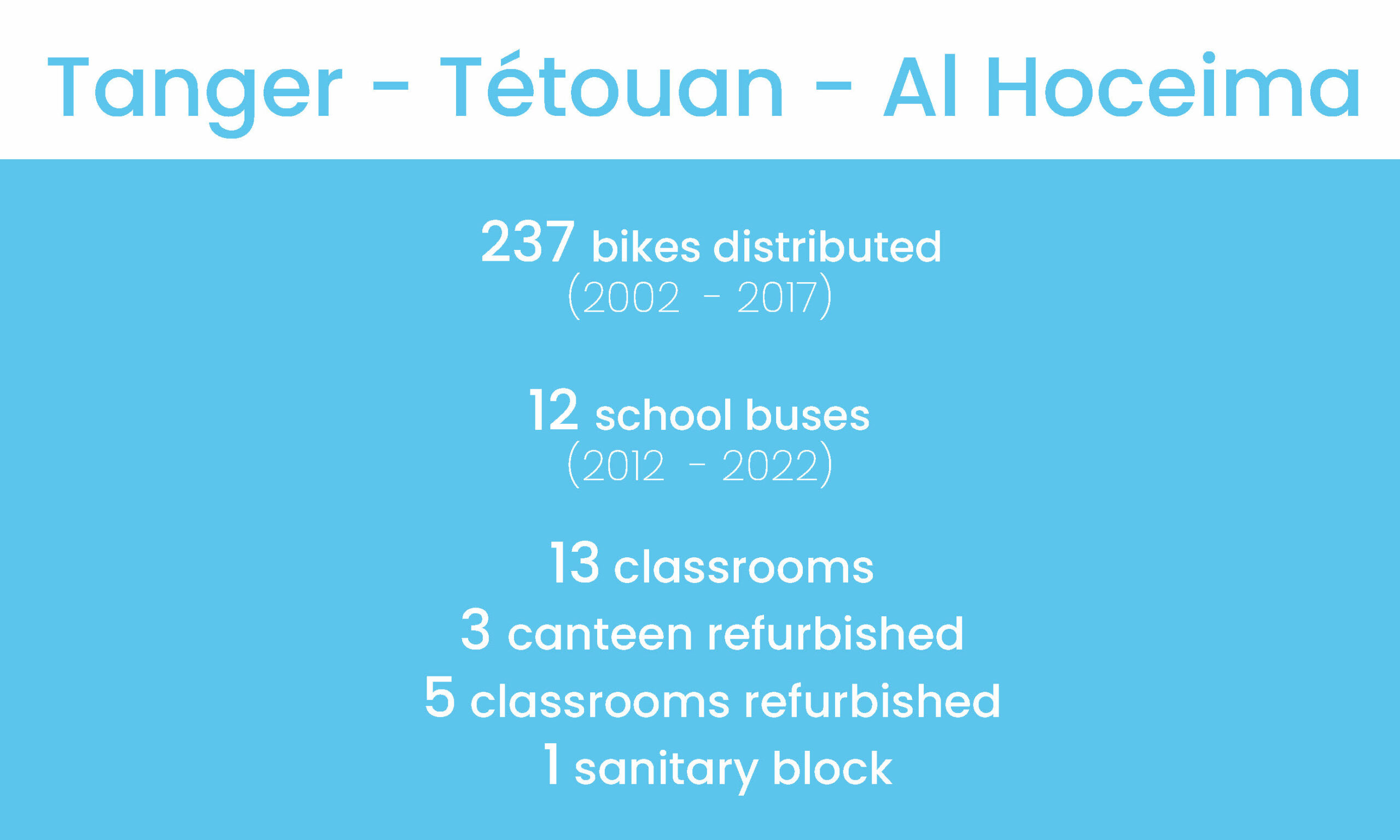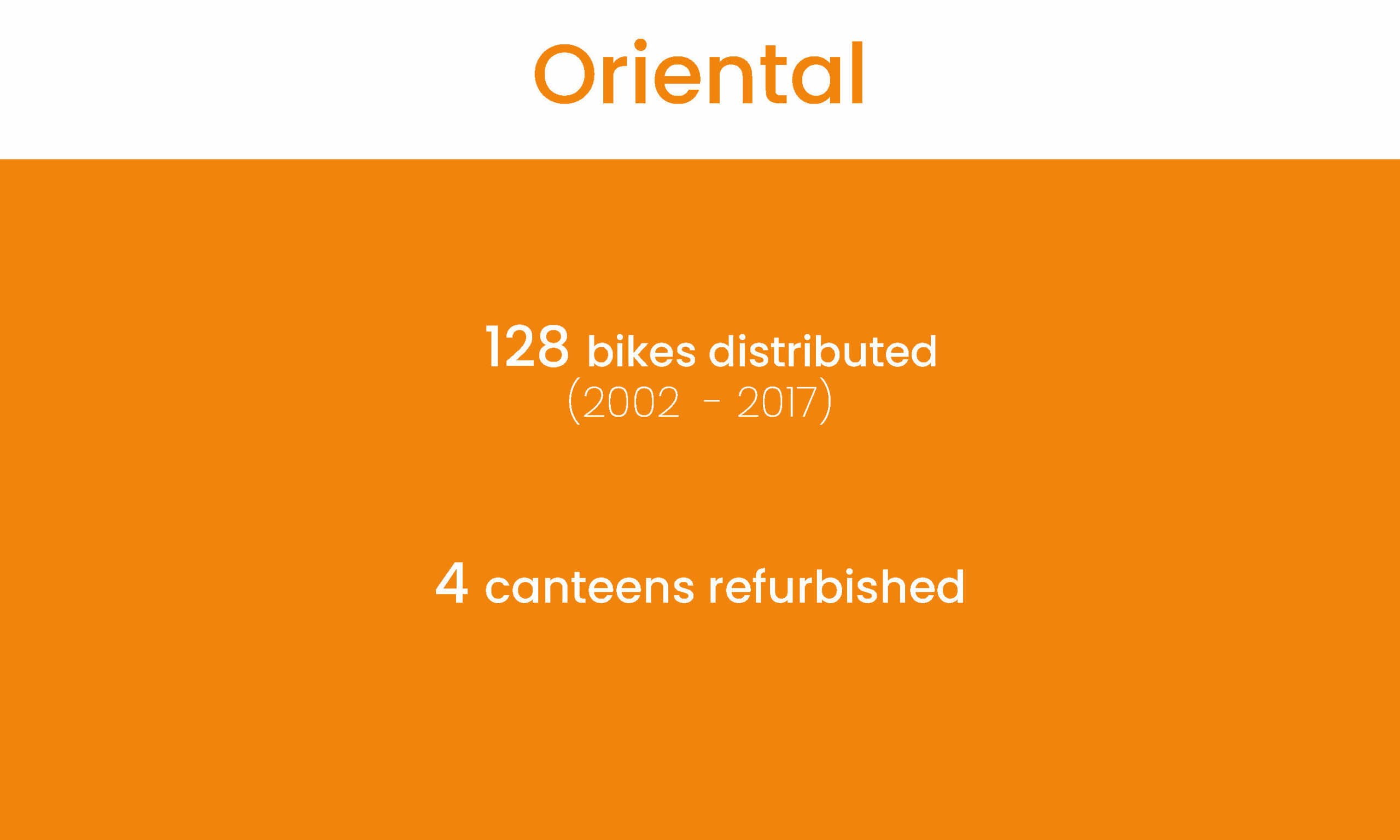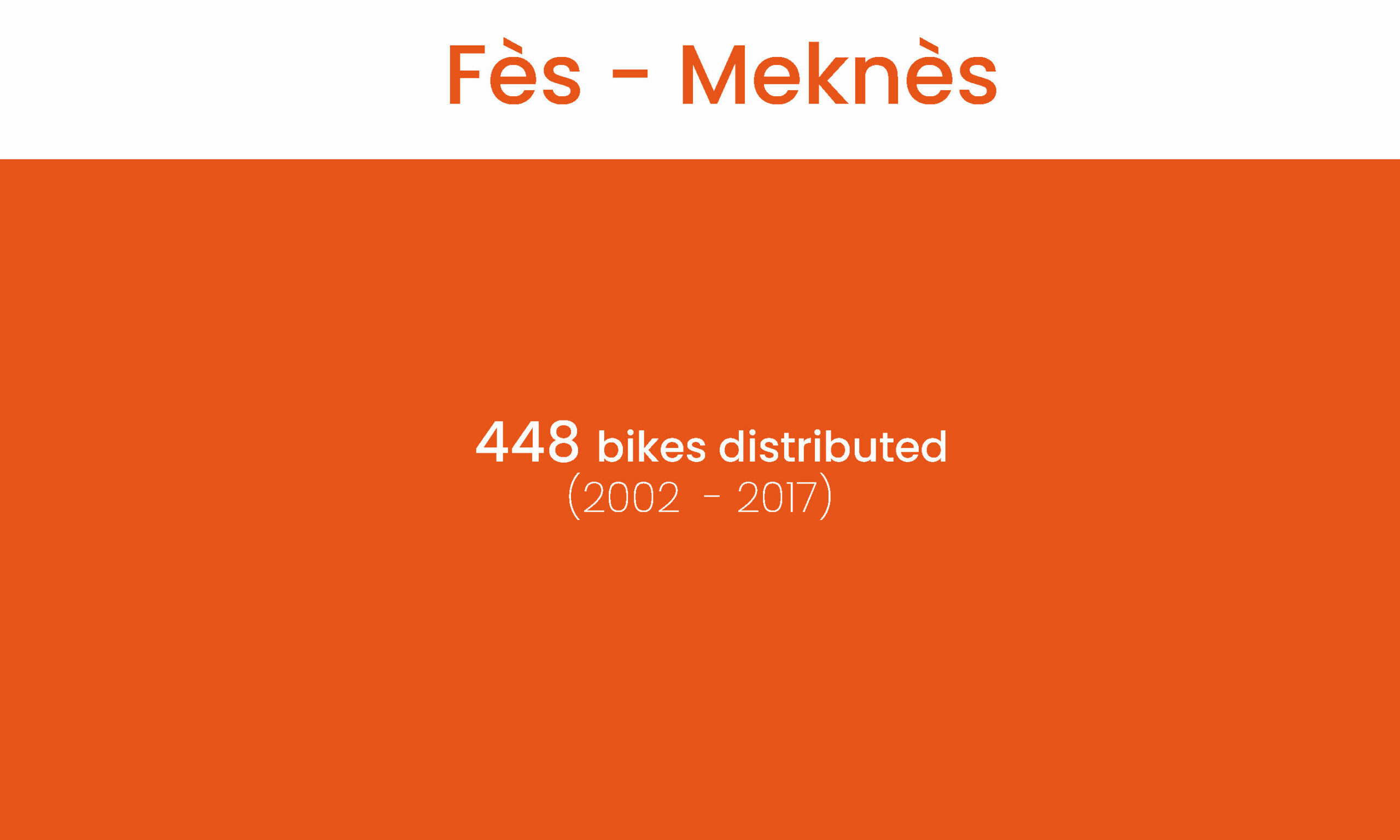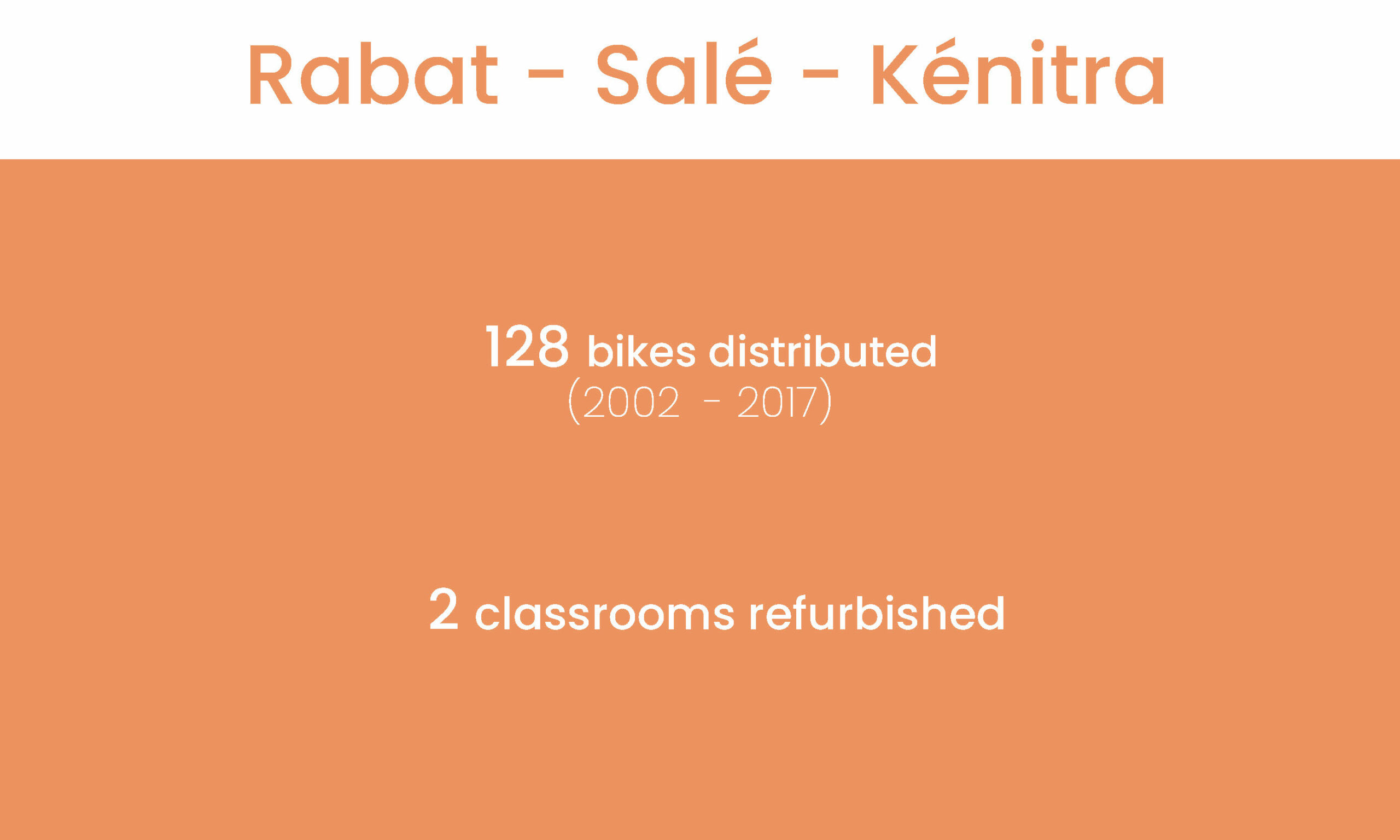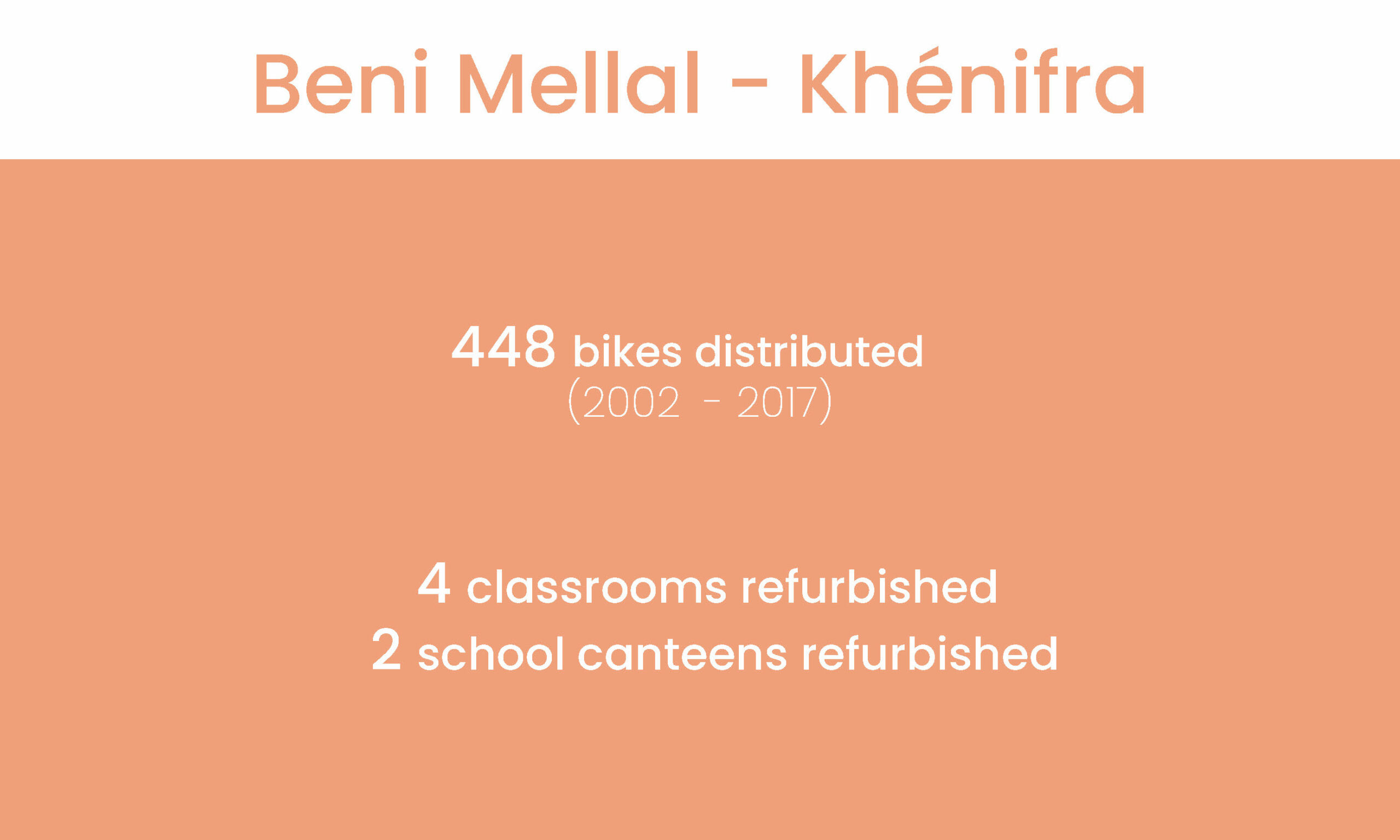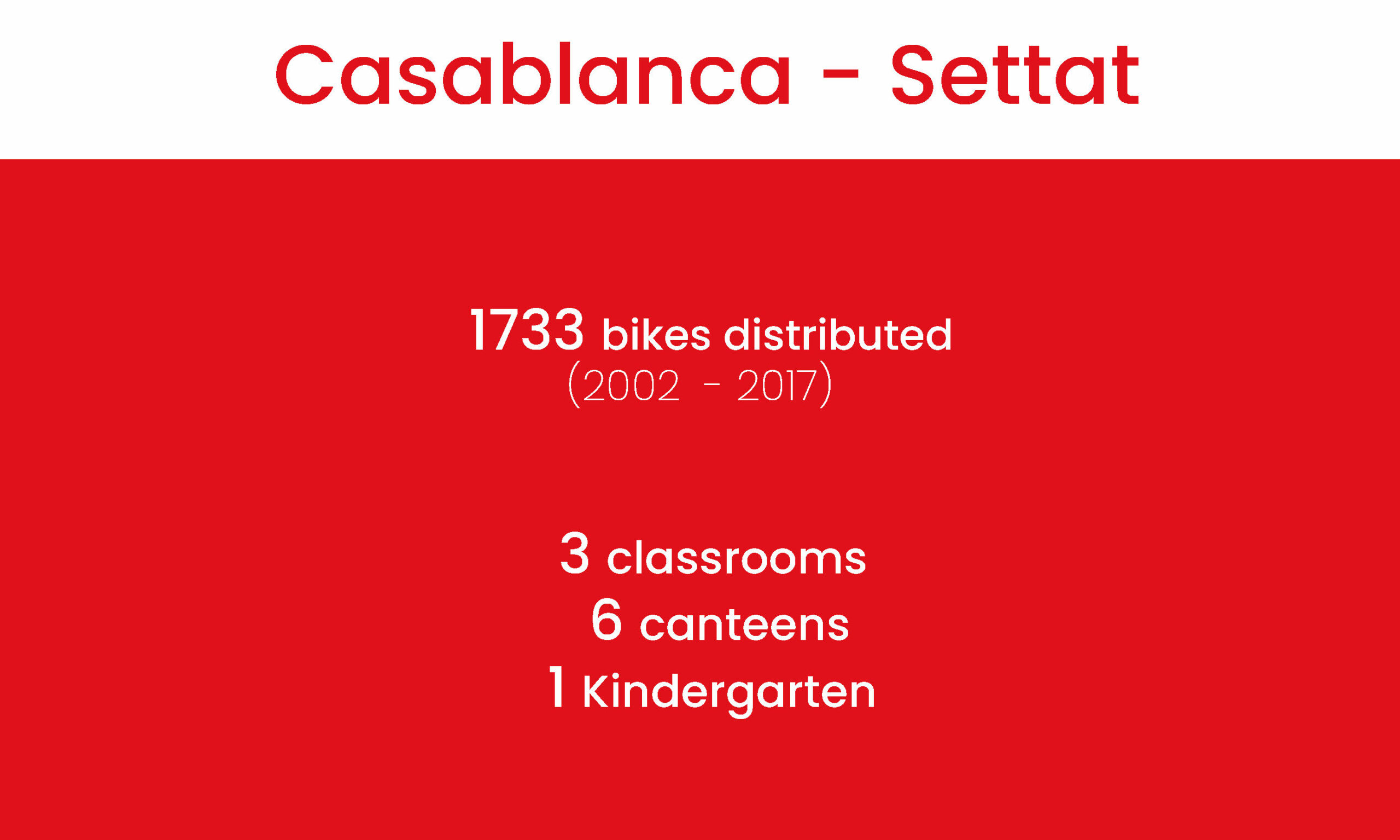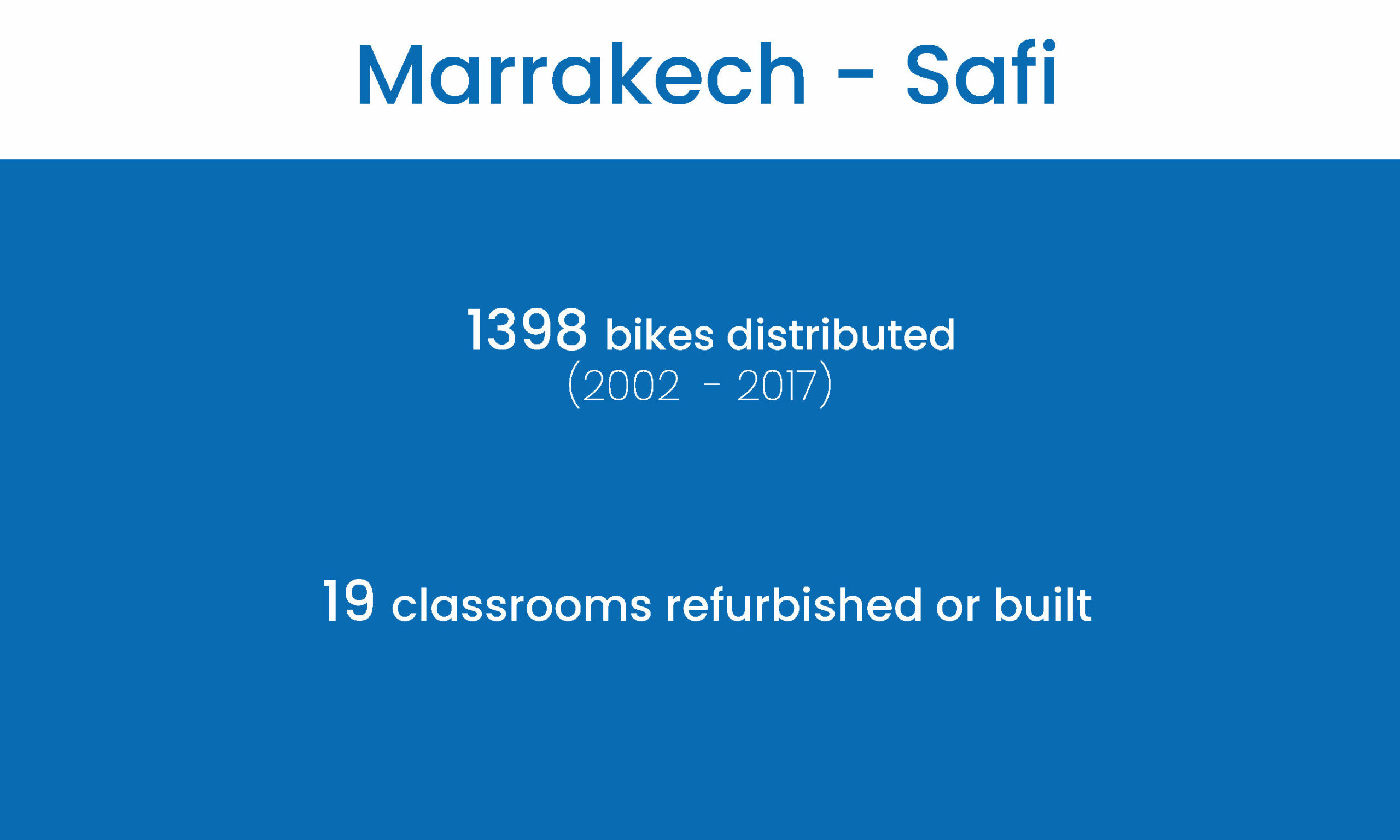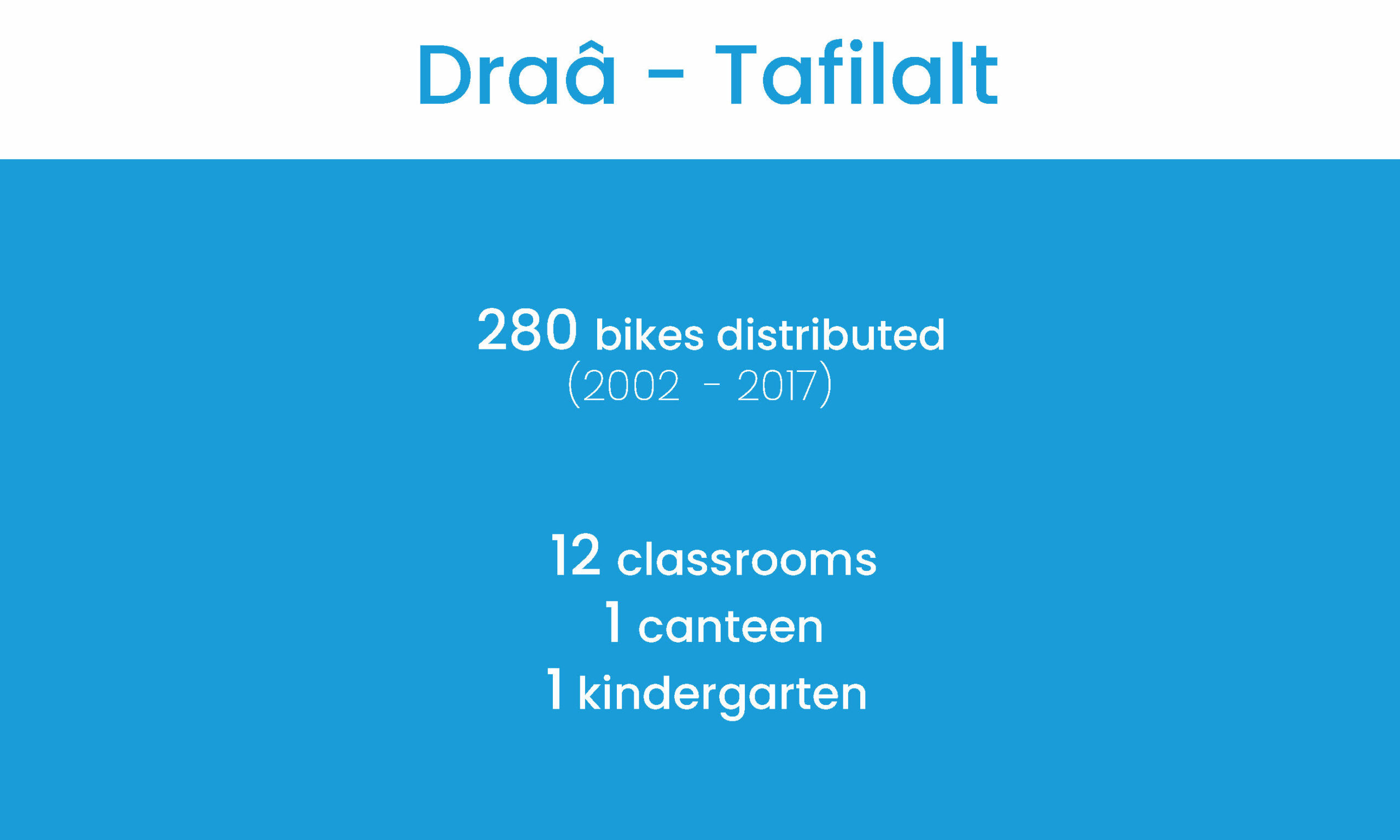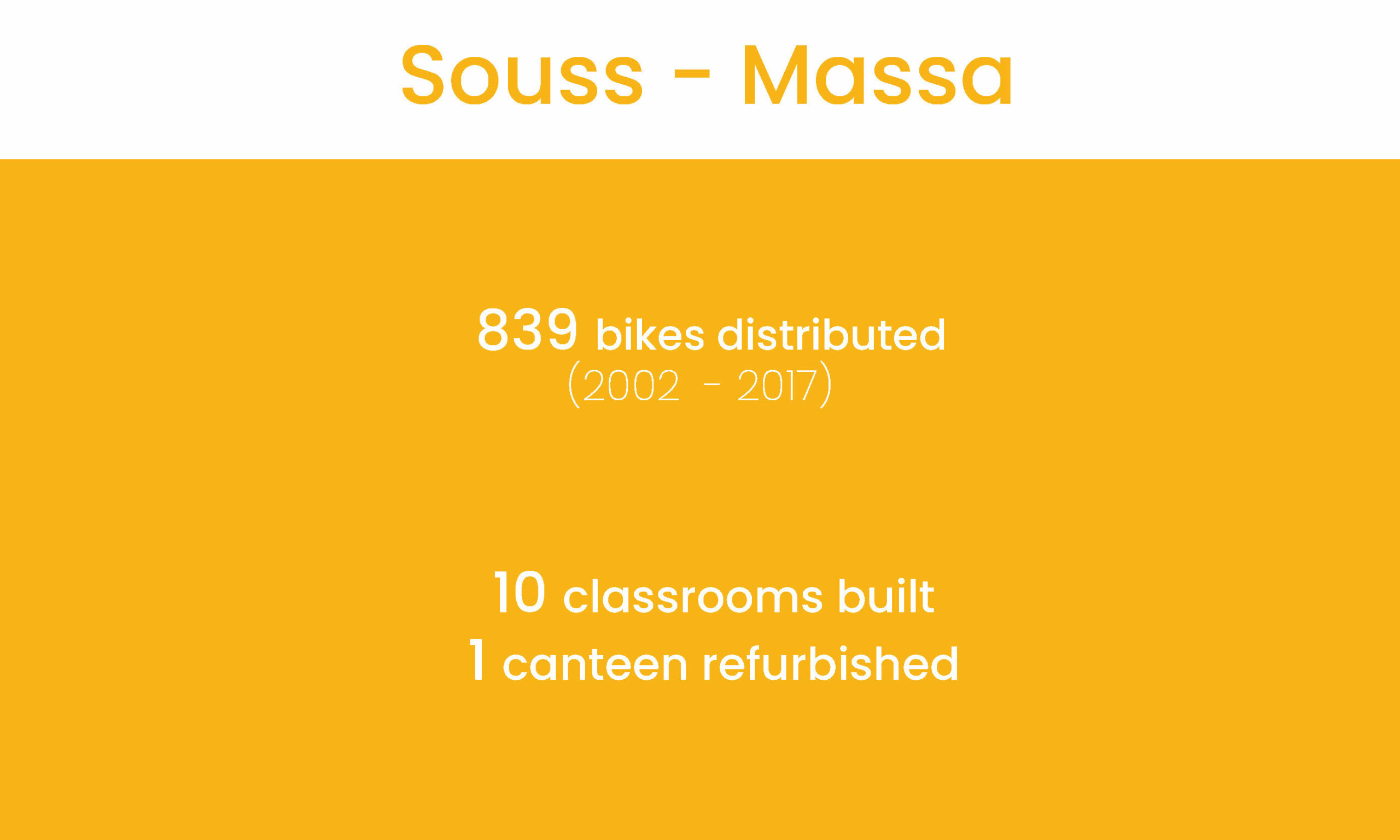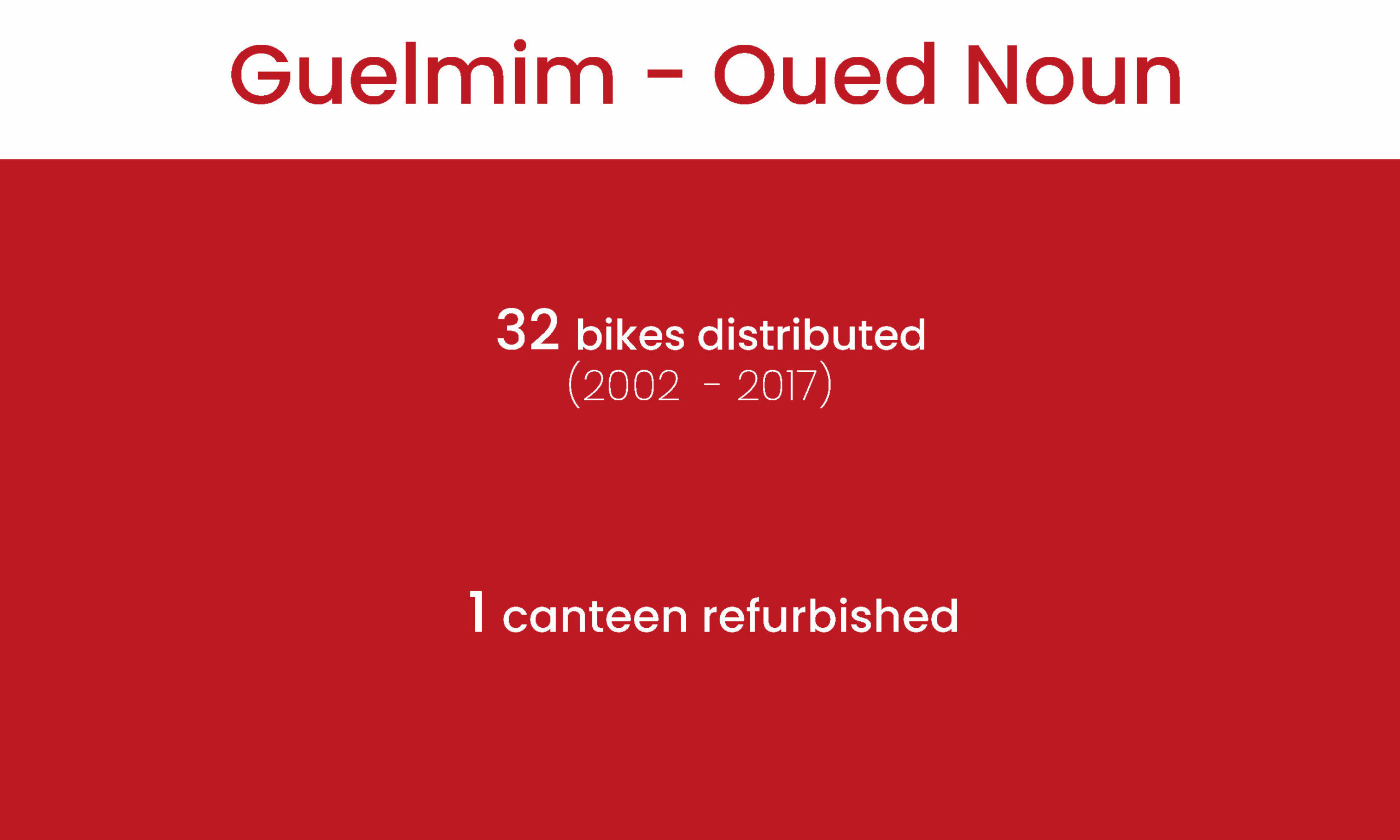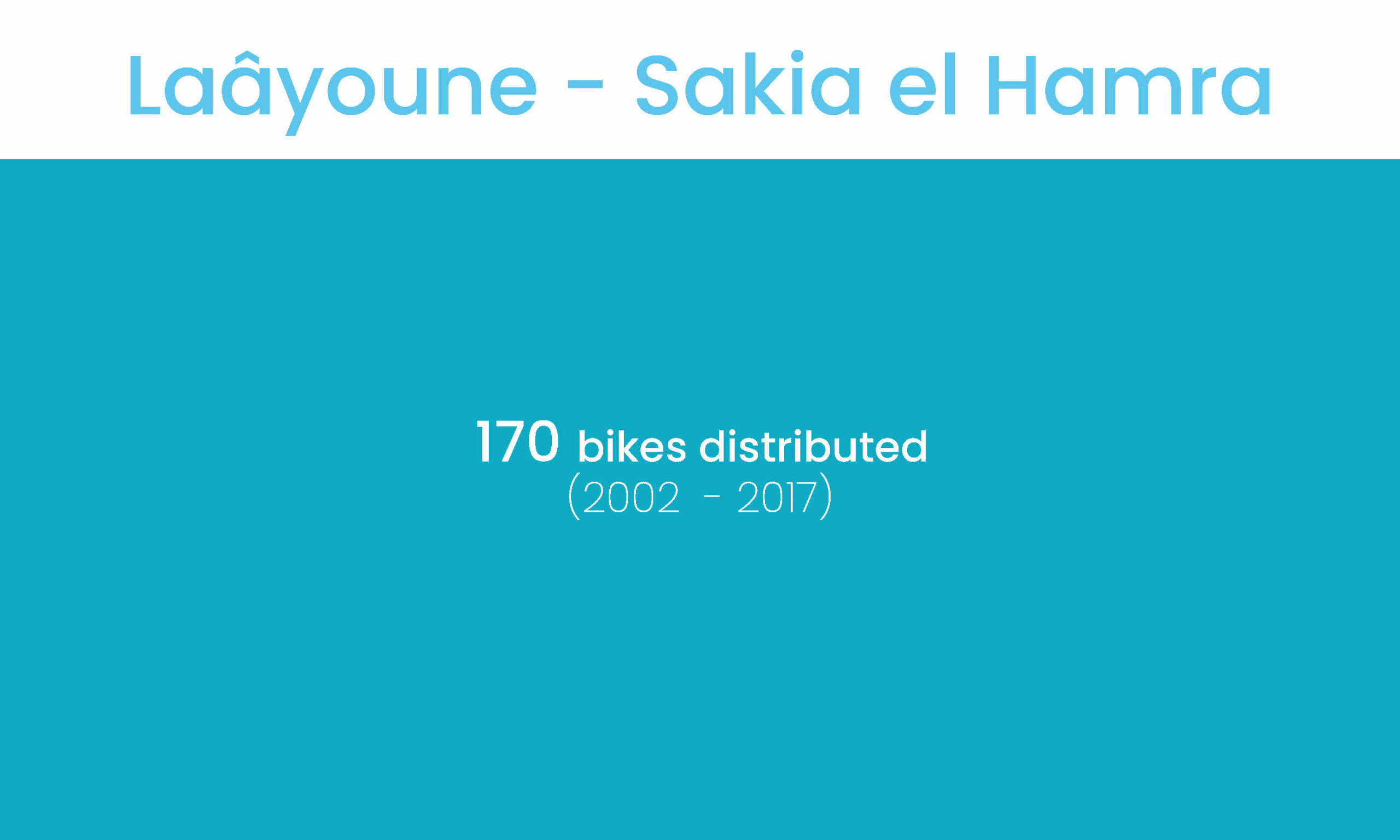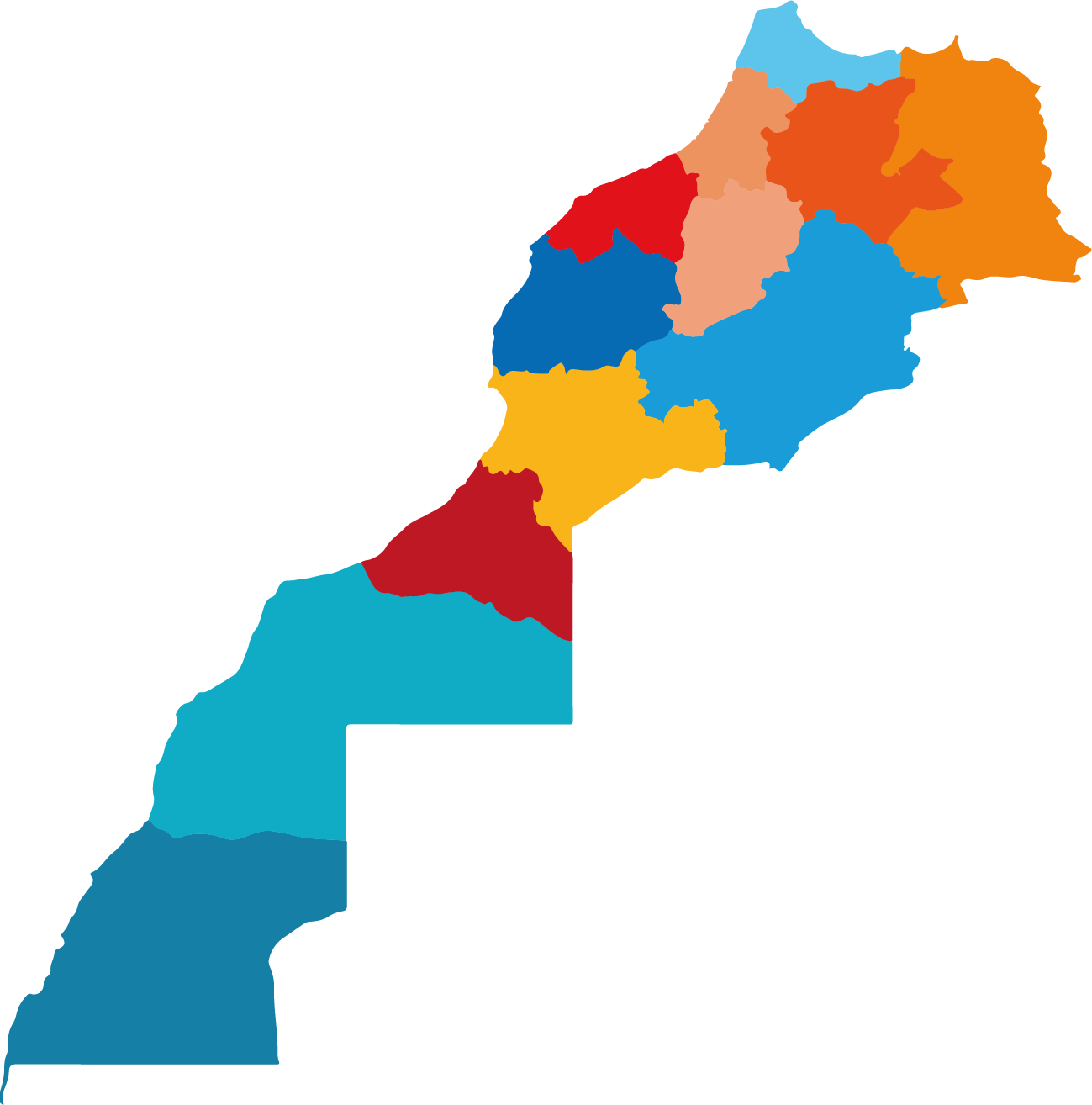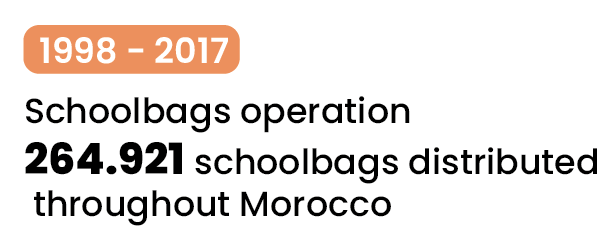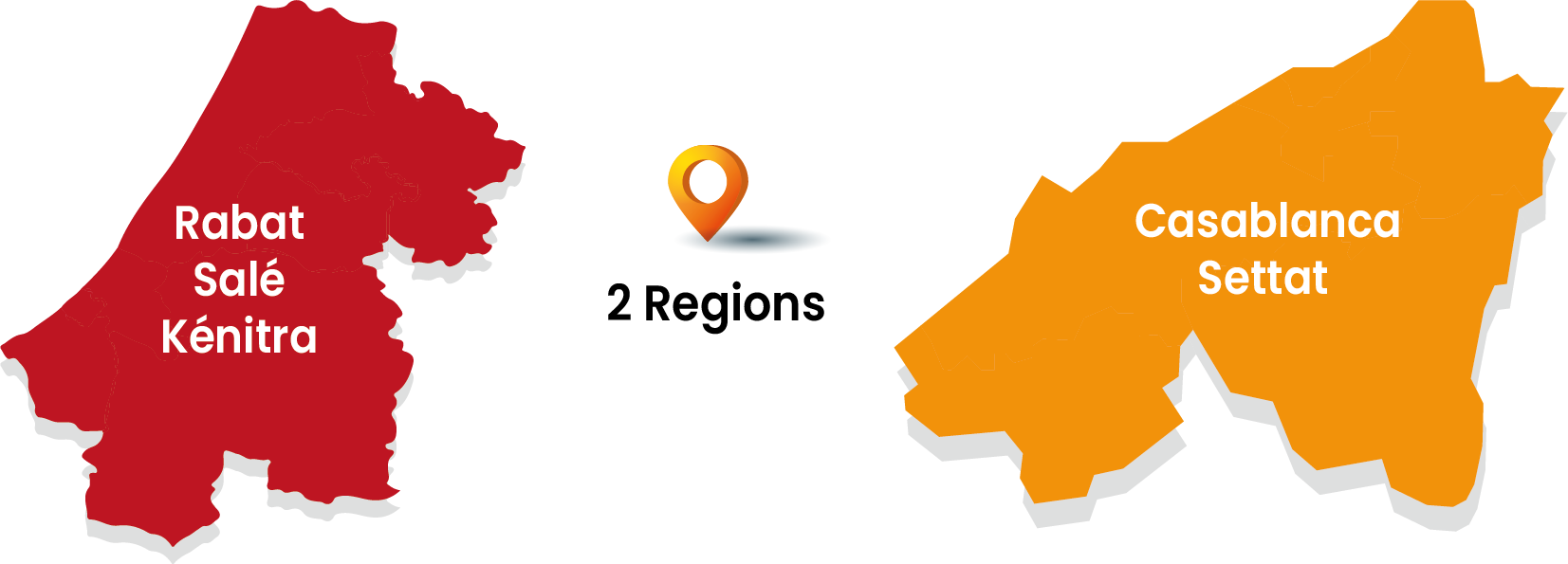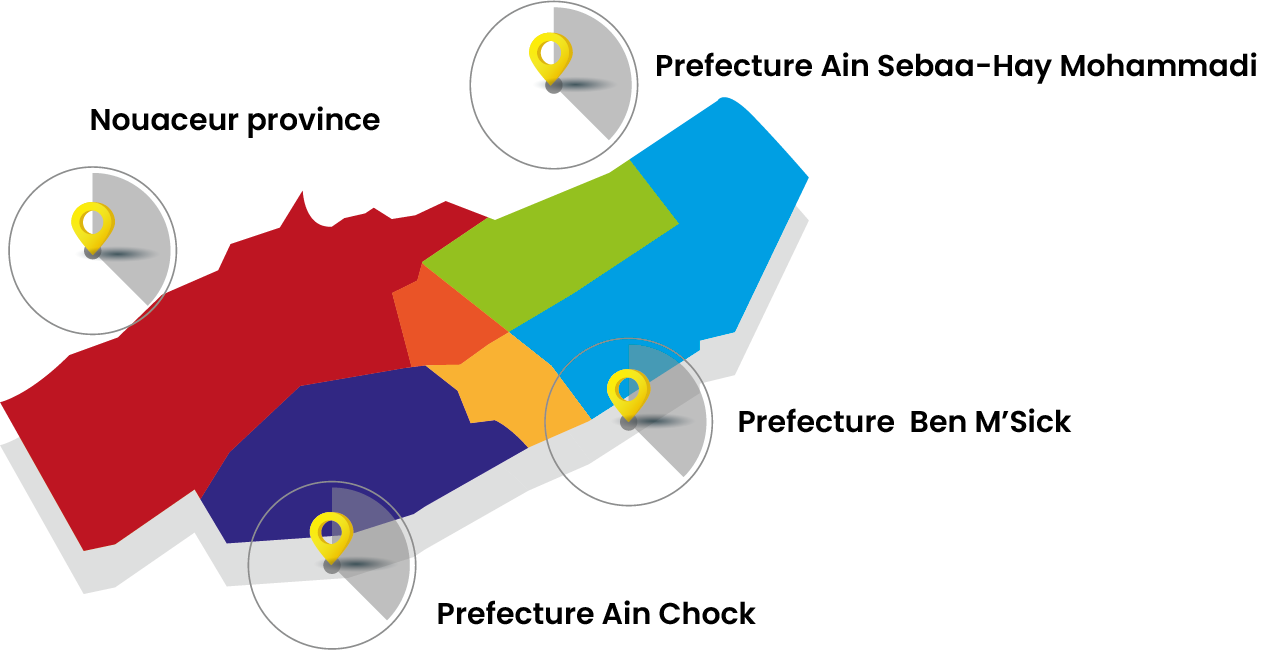L’Heure Joyeuse’s first battle was for the health and education of young children. Since then, numerous actions have marked these sixty years, making l’Heure Joyeuse a true social entrepreneur, a recognized partner of public authorities, companies, local authorities and associations in our country.
In the early 1960s, l’Heure Joyeuse became a support for family planning programs, and took part in the first steps of Morocco’s birth control policy.
From 1976 to 1987, it worked on this issue with the Association Marocaine de Planification Familiale (AMPF), the Fédération Internationale d’Action Familiale (FIDAF) and USAID. L’Heure Joyeuse welcomed planning specialists to train local agents.
From 1976 to 2006, in partnership with the CNSS, Ibn Rochd Hospital, Mohammed V Hospital and Soufi Hospital, over 6,000 children from disadvantaged neighborhoods benefited from medical and social care for circumcision.
In 1981, it offered training in sewing for young girls, and 100% of them, at a time of growth in Morocco’s textile sector, found a professional outlet.
From 1990 onwards, the mobilization of civil society went hand in hand with developments in press freedom. The emergence of an economic press and the communication, through it, of true information and credible, high-quality analyses, made it possible to call civil society’s attention to illiteracy rates, electrification, school enrolment, particularly in rural areas, and the existence of the problem of street children. In response, associations such as Heure Joyeuse mobilized and created development initiatives.
The 90s saw a major mobilization of l’Heure Joyeuse’s volunteers, employees and numerous partners.
These included the “Ramadans du Coeur” for the homeless, and the weekly “Couscous du Coeur” for street kids. Doctors, psychologists and educators are on hand to provide medical follow-up and establish a link with the association to explore the various possibilities for family and social reintegration.
In 1992, L’Heure Joyeuse became a partner of the Direction de la Lutte contre l’Analphabétisme (Department for the Fight against Illiteracy), then of the Ministère de l’Education Nationale, opening its doors to adults wishing to learn to read and write. For over 10 years, it remained the only literacy center in Hay Mohammedi – Aïn Sebaa. In the 2000s, its activities were extended to young maids.
In 1995, L’Heure Joyeuse began initiatives totally dedicated to schooling in rural areas, such as the construction of schools, the 100,000 satchels operation and, finally, the bicycles operation.
Together with Terre Des Hommes, L’Heure Joyeuse was behind the creation of BAYTI, which became an independent association in 1996. At the same time, L’Heure Joyeuse set up a section dedicated to street youth, which became the JSP section – Jeunes en Situation Précaire – dedicated to family and social reintegration.
After 14 years of development and experience in this JSP section, decisive partnerships with major partners such as Apprentis d’Auteuil and Planet Finance, and experience in several areas of vocational training, evaluations and analyses of the situations experienced led Heure Joyeuse to set up a Cellule d’Orientation et d’Insertion Professionnelle (COIP) in 2009, together with numerous private and public partners including CGEM, OFPPT and ANAPEC. This unit is seen as the future strategy of l’Heure Joyeuse pour l’Insertion.
At the same time, L’Heure Joyeuse is firmly committed to contributing its experience to the National Initiative for Human Development (INDH), launched by His Majesty King Mohammed VI in 2005.
Since 2020, the association has undergone an important turning point. PriceWaterhouseCoopers (PwC) is assisting the association in drawing up its 2020 – 2025 strategy and defining its governance and management methods, following a diagnosis and assessment of the current situation.
Today, the association has redefined its areas of intervention through 4 poles:
- Education
- Employability
- Entrepreneurship
- Civic engagement

